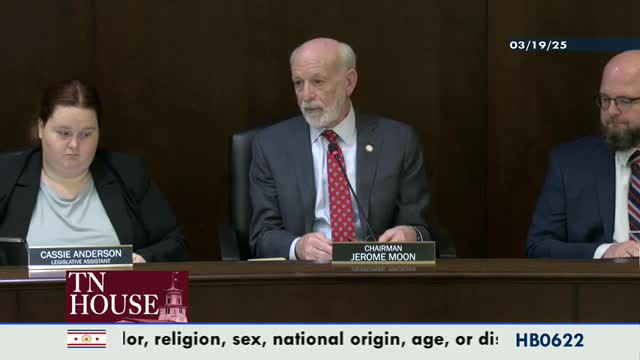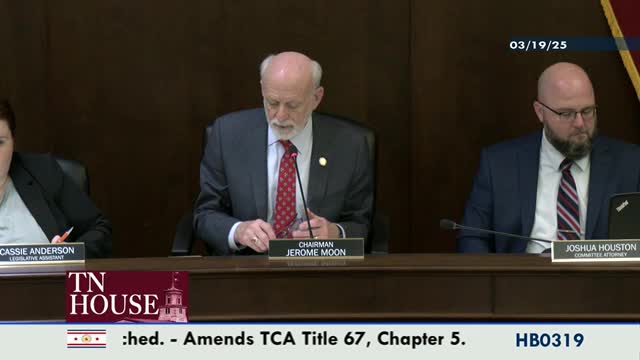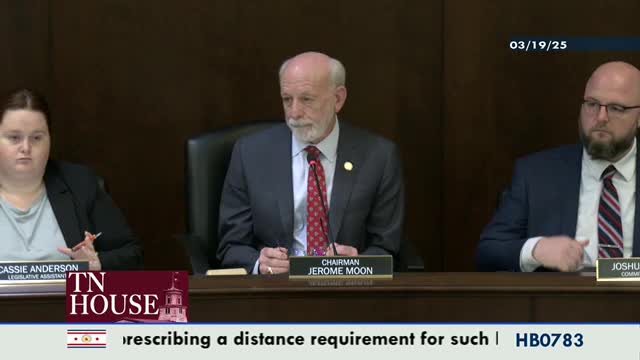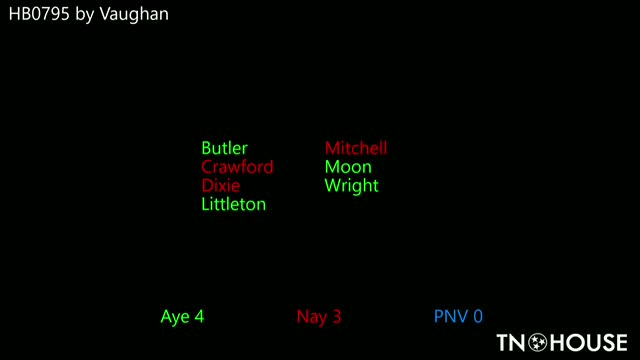Article not found
This article is no longer available. But don't worry—we've gathered other articles that discuss the same topic.

Subcommittee advances bill banning DEI-based hiring decisions in public employers; witnesses debate meaning and effects

Committee sends contested residential property-classification bill to summer study after fiscal-note dispute

Subcommittee advances bill letting local governments set standards for sober-living homes after testimony from providers

